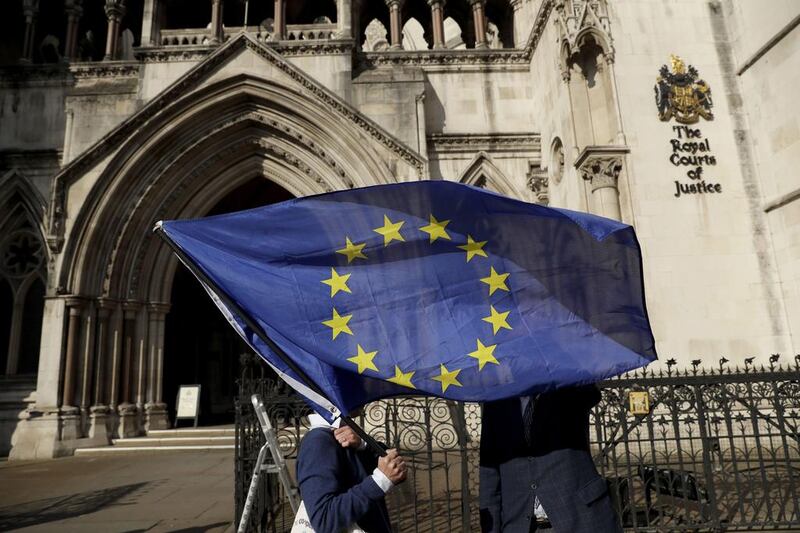Voters from around the world have been asked to make decisions of great consequence this year.
Facing high rates of crime, Filipinos were presented with an opportunity to vote for a candidate who supports vigilante killings of drug dealers and users. Britons were asked whether they wanted to leave the European Union and, most recently, voters in Hungary were asked if they approved of mandatory migrant settlement on their own soil.
Next month, voters in the US will have their say on whether they support a candidate who promises, among other things, to oversee the building of a wall on their border with Mexico.
The democratic exercise has faced some extraordinary challenges this year, and a few of those decisions made by “the people” have made heads shake.
Brexit has pushed the British pound to a three decades low, some world leaders have expressed concerns with Rodrigo Duterte and global markets continue to react to US polling data.
Interestingly, had any of those votes occurred in ancient Greece, one would have heard voices arguing against giving the popular vote to the broad public. Democracy in ancient Greece – widely regarded as the political system’s birthplace – had its critics, who left us with substantive arguments against giving the vote to the demos (Greek for “the people”.)
Thucydides, a fourth-century historian known as the “father of scientific history”, sharply criticised the quality of political discourse in Athenian culture.
In his work, The History of the Peloponnesian War, Thucydides writes critically about his fellow citizens, who he claims were easily misled into believing whatever was told to them, and lacked an energy to search for “the truth”.
Regarding the charged political debates that were occurring during Athens’s war with Sparta, he wrote: “So averse to taking pains are most men in the search for the truth, and so prone are they to turn to what lies ready at hand.”
As the war would eventually coincide with the end of the golden age of Greece, Thucydides saw the political dialogue among Athenian citizenry as unworthy of such a pivotable period in its history.
Historians say ancient Greece left us with no great defence of democracy, despite being its architect and producing critical thinkers such as Thucydides. Events today make him and his contemporaries as relevant as ever.
Nowadays, any critical look at the concept of the popular vote –an ideal American governments have spent billions of dollars promoting with both propaganda and military might – would draw fierce criticism.
While the ways of politicians and the people’s efforts to cultivate facts haven’t changed in millennia, it appears that a broad effort to critically analyse democracy is viewed as sacrilege. But the people are in need of prosecution.
Last June, mere hours after Britain voted to separate from the European Union, “What is the EU?” became one of the top UK questions entered into Google.
In the US, some prospective voters are still demanding evidence of Barack Obama’s American citizenship.
Political discourse is a two-way street though, and in the American example, both front-runners for the White House, Hillary Clinton and Donald Trump, have been criticised for their incessant carelessness with the truth.
Criticism of Athenian democracy continued through to the time of Plato, who believed governance should be left to those devoted to the accumulation of knowledge, the so-called “Philosopher Kings”.
In the Republic, he wrote that democracy was fundamentally unjust, as it “distributes a sort of equality to equal and unequal alike.”
With the US election only weeks away, the words of Plato appear to have a particular resonance today.
To avoid any erosion of democracy’s easily defendable virtues, we’d be wise to ask: how can we improve our democracies so they may produce competent leadership and good governance?
Emmanuel Samoglou is a multimedia producer at The National





